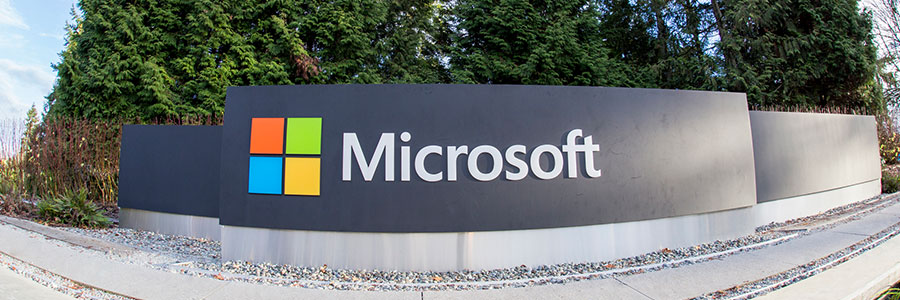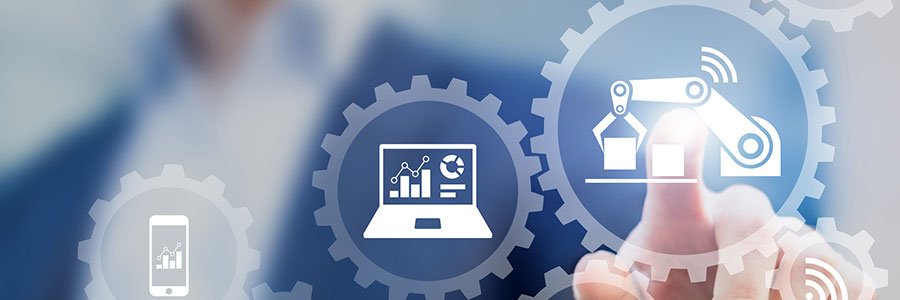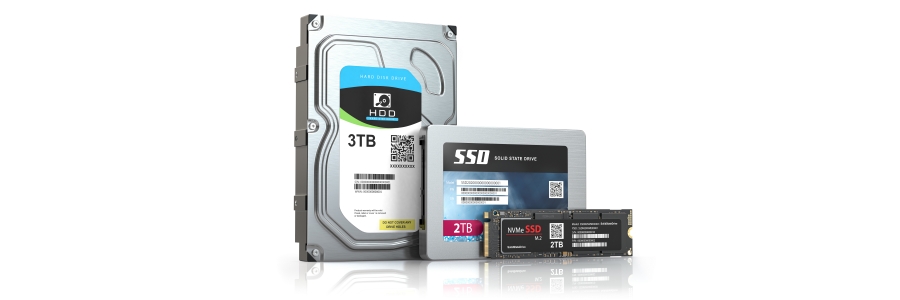PCs and laptops typically came with hard disk drives (HDDs), but buyers can now also have the option to configure their system with either HDDs, solid state drives (SSDs), or in some cases both. In this blog, we’ll compare both storage drives so you can make the best decision for your needs.
HDD vs. SSD: Which one should you get?
Are your Windows 10 updates taking too long? Here’s what you need to do

Windows 10 users are well aware that installing updates can take a long time. We hear users complaining about it all the time. Why are Windows 10 updates so slow, and what can users do to speed things up? Here’s our take.
Windows 10 updates take a while to complete because Microsoft is constantly adding larger files and features to the operating system.
Data storage: HDD and SSD defined

When purchasing new computers, buyers used to have limited choices when it came to what kind of storage they got with their laptop or desktop PCs. But nowadays you can configure your system with either traditional hard disk drives (HDDs), increasingly common solid state drives (SSDs), or in some cases both.
Which is best, HDD or SSD?
Is your Windows 10 update slow? Here’s what to do
Speed up your Windows 10 updates

In May 2019, Microsoft will be releasing another Windows 10 major update with security patches, bug fixes, and new features. More than improving user experience, these updates will help your organization secure your IT systems. If you can’t afford to let an update be a long and frustrating process, here are some tips that will speed it up.
Virtualization is different from the cloud

Virtualization and cloud computing can be confusing, especially to business owners who are not familiar with them. But when you understand their differences, you’ll be able to best take advantage of these technologies.
Virtualization
Imagine a company with five servers, each assigned a single task such as storage, email, etc.

